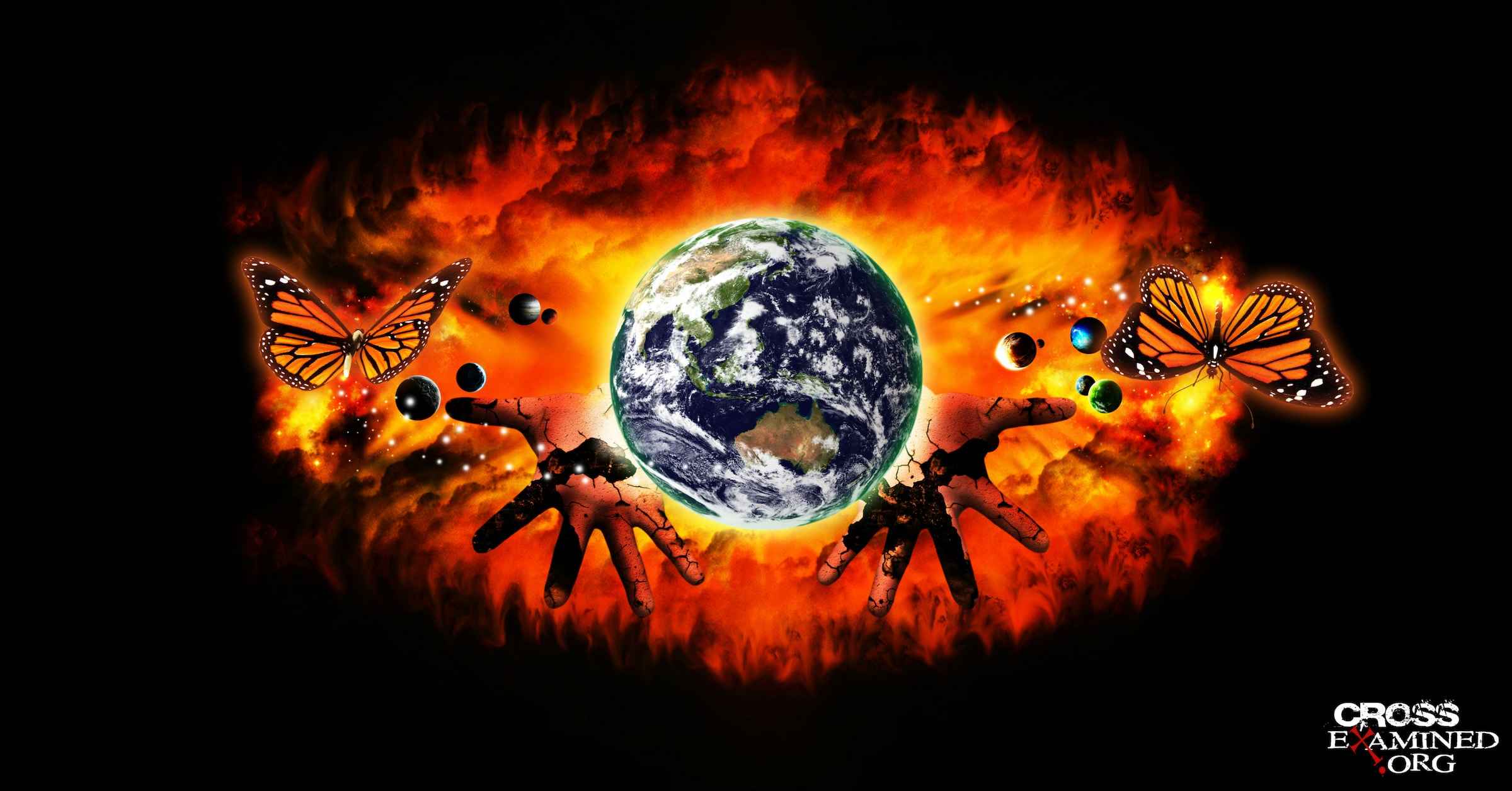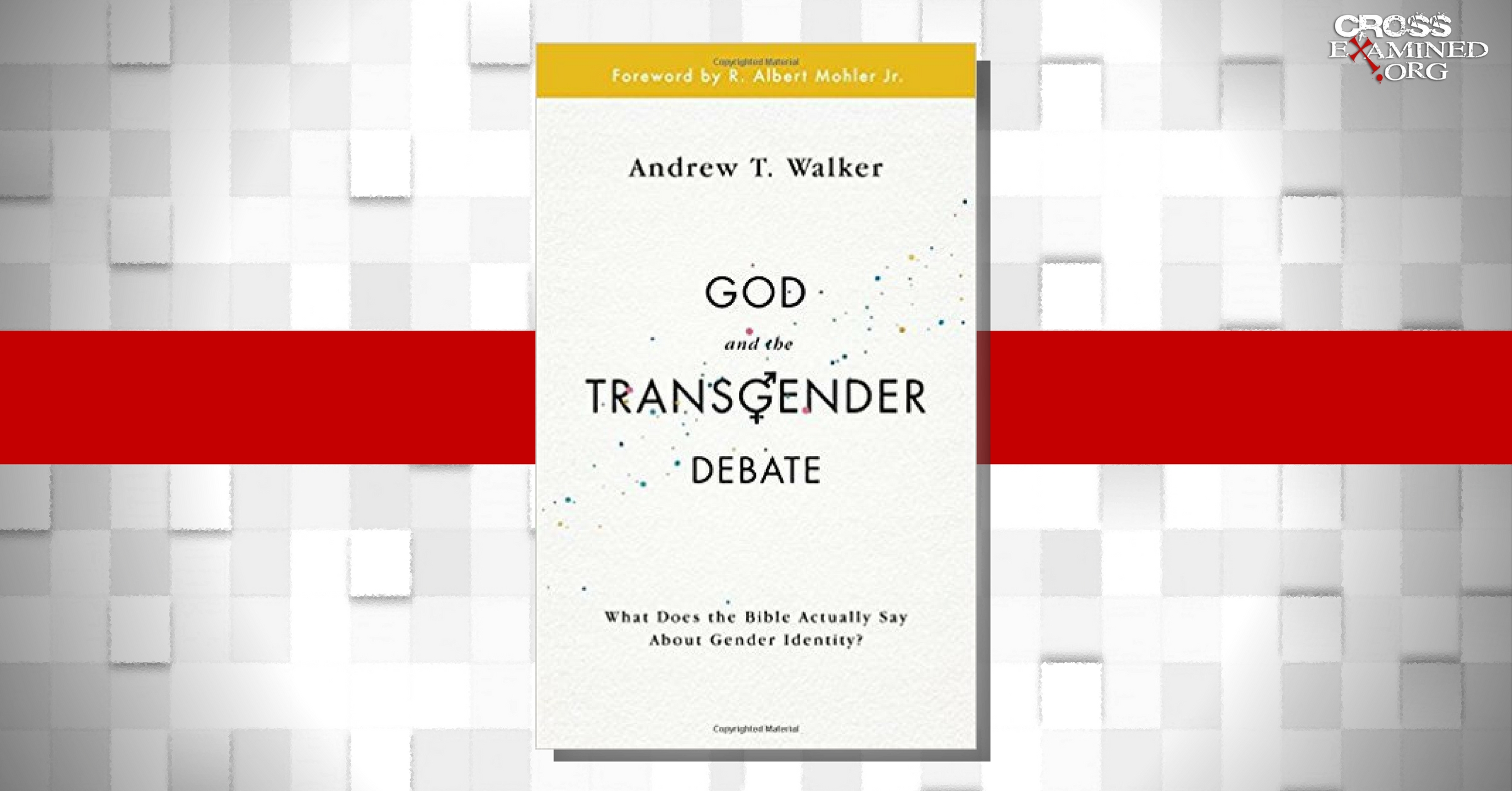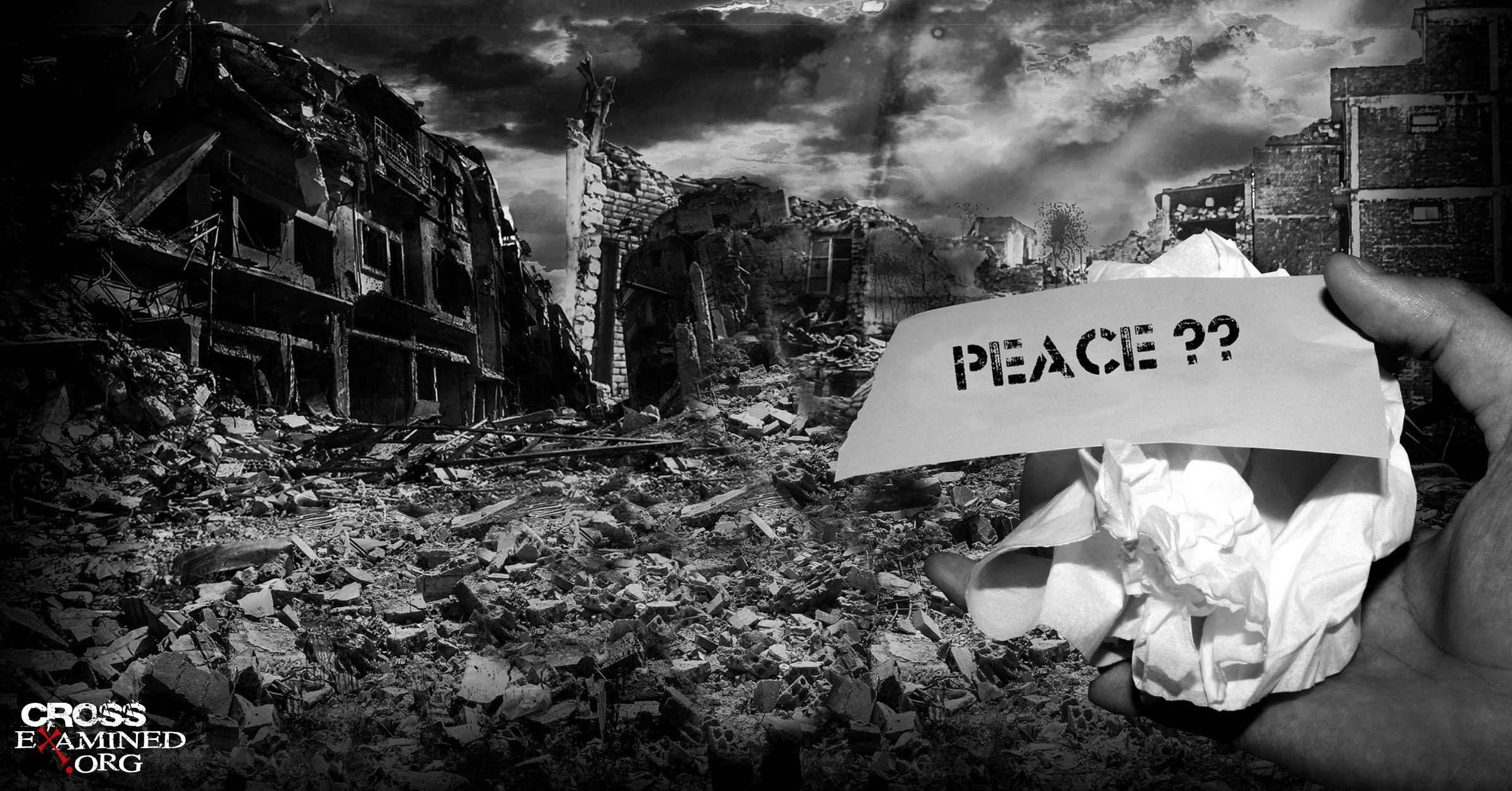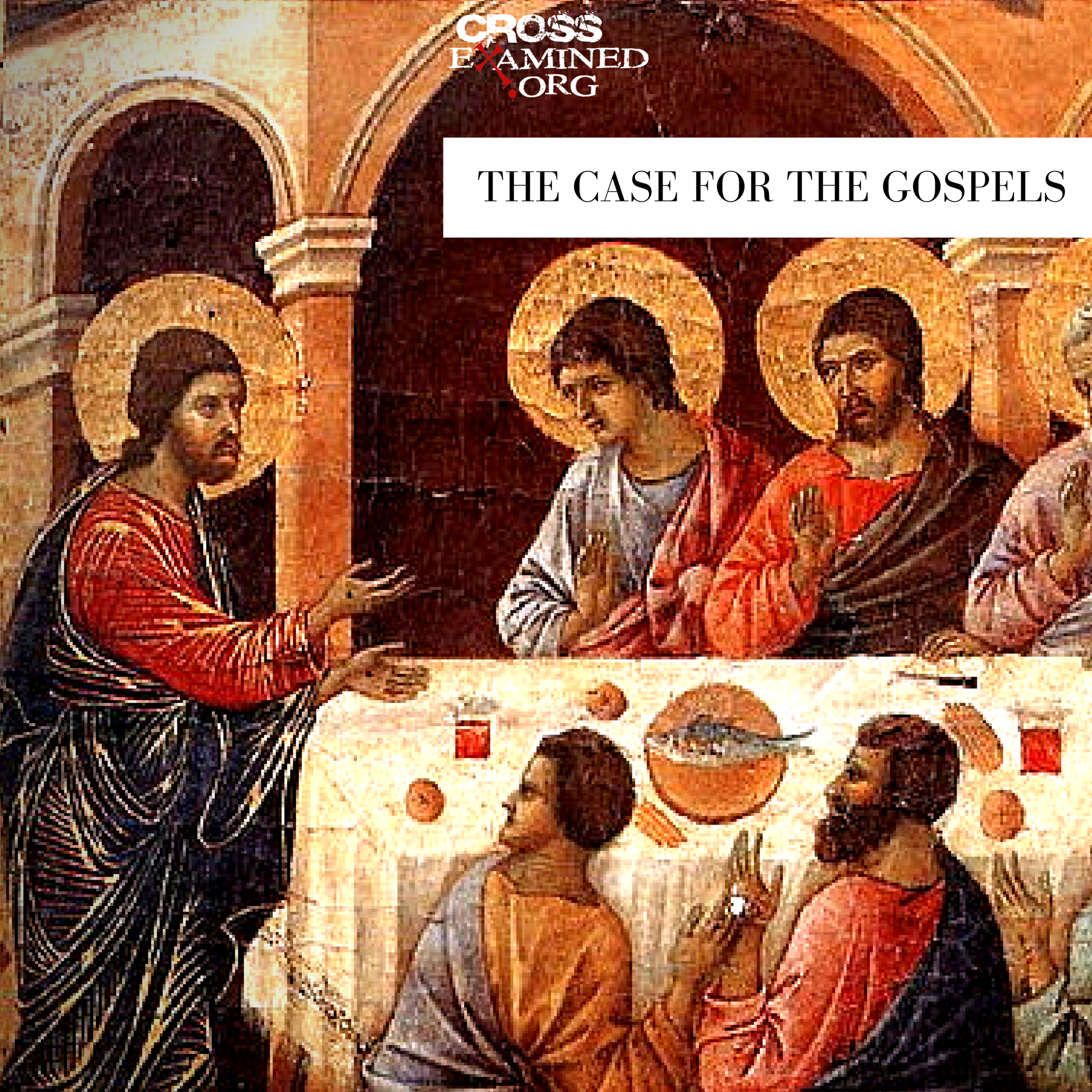God and the Astronomers
Since the post Darwinists Have a Lot of Explaining to Do asks atheists to offer causes for at least ten truths about reality, I thought I would present my perspective on each of those truths. We’ll start with the origin of the universe out of nothing. The following is an excerpt from I Don’t Have Enough Faith to Be an Atheist (p. 84) and follows a section about the evidence that the universe began with a Big Bang out of nothing. I appreciate your comments.
So the universe had a beginning. What does that mean for the question of God’s existence? The man who now sits in Edwin Hubble’s chair at the Mount Wilson observatory has a few things to say about that. His name is Robert Jastrow, an astronomer we’ve already quoted in this chapter. In addition to serving as the director of Mount Wilson, Jastrow is the founder of NASA’s Goddard Institute of Space Studies. Obviously his credentials as a scientist are impeccable. That’s why his book God and the Astronomers made such an impression on those investigating the implications of the Big Bang, namely those asking the question “Does the Big Bang point to God?” Jastrow reveals in the opening line of chapter 1 that he has no religious axe to grind. He writes, “When an astronomer writes about God, his colleagues assume he is either over the hill or going bonkers. In my case it should be understood from the start that I am an agnostic in religious matters.”
In light of Jastrow’s personal agnosticism, his theistic quotations are all the more provocative. After explaining some of the Big Bang evidence we’ve just reviewed, Jastrow writes, “Now we see how the astronomical evidence leads to a biblical view of the origin of the world. The details differ, but the essential elements in the astronomical and biblical accounts of Genesis are the same: the chain of events leading to man commenced suddenly and sharply at a definite moment in time, in a flash of light and energy.”
The overwhelming evidence for the Big Bang and its consistency with the biblical account in Genesis led Jastrow to observe in an interview, “Astronomers now find they have painted themselves into a corner because they have proven, by their own methods, that the world began abruptly in an act of creation to which you can trace the seeds of every star, every planet, every living thing in this cosmos and on the earth. And they have found that all this happened as a product of forces they cannot hope to discover. . . . That there are what I or anyone would call supernatural forces at work is now, I think, a scientifically proven fact.”
By evoking the supernatural, Jastrow echoes the conclusion of Einstein contemporary Arthur Eddington. As we mentioned earlier, although he found it “repugnant,” Eddington admitted, “The beginning seems to present insuperable difficulties unless we agree to look on it as frankly supernatural.”
Now why would Jastrow and Eddington admit that there are “supernatural” forces at work? Why couldn’t natural forces have produced the universe? Because these scientists know as well as anyone that natural forces– indeed all of nature– were created at the Big Bang. In other words, the Big Bang was the beginning point for the entire physical universe. Time, space, and matter came into existence at that point. There was no natural world or natural law prior to the Big Bang. Since a cause cannot come after its effect, natural forces cannot account for the Big Bang. Therefore, there must be something outside of nature to do the job. That’s exactly what the word supernatural means.
The discoverers of the radiation afterglow, Robert Wilson and Arno Penzias, were not Bible-thumpers either. Both initially believed in the Steady State Theory. But due to the mounting evidence, they’ve since changed their views and acknowledged facts that are consistent with the Bible. Penzias admits, “The Steady State theory turned out to be so ugly that people dismissed it. The easiest way to fit the observations with the least number of parameters was one in which the universe was created out of nothing, in an instant, and continues to expand.”
Wilson, who once took a class from Fred Hoyle (the man who popularized the Steady State Theory in 1948), said, “I philosophically liked the Steady State. And clearly I’ve had to give that up.” When science writer Fred Heeren asked him if the Big Bang evidence is indicative of a Creator, Wilson responded, “Certainly there was something that set it all off. Certainly, if you are religious, I can’t think of a better theory of the origin of the universe to match with Genesis.” George Smoot echoed Wilson’s assessment. He said, “There is no doubt that a parallel exists between the big bang as an event and the Christian notion of creation from nothing.”
Robert Jastrow suggested the same when he ended his book God and the Astronomers with this classic line: “For the scientist who has lived by his faith in the power of reason, the story ends like a bad dream. He has scaled the mountains of ignorance; he is about to conquer the highest peak; as he pulls himself over the final rock, he is greeted by a band of theologians who have been sitting there for centuries.”
Dr. Frank Turek (D.Min.) is an award-winning author and frequent college speaker who hosts a weekly TV show on DirectTV and a radio program that airs on 186 stations around the nation. His books include I Don’t Have Enough Faith to be an Atheist and Stealing from God: Why atheists need God to make their case










Leave a Reply
Want to join the discussion?Feel free to contribute!